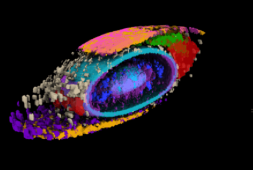14. Preferring to Be On Their Own

The stereotypical autistic person is a quiet, solitary personality who prefers solitude to social interaction. This is frequently true, although it is not always the case. While many autistic people struggle with social communication, many love social engagement, group activities, and friendships. However, because such activities can be taxing for someone with social communication issues, only a small percentage of people with autism are likely to be regarded as “gregarious.” They could love spending time with other people. On the other side, they may find spending time in large groups exhausting, and they may prefer to mull things through on their own rather than debating ideas with others. Although the social requirements for High-Functioning Autism (HFA) and classic autism are similar, the former disease has fewer symptoms and presents differently than the latter. Children with HFA are frequently socially isolated, but are aware of the presence of others, even if their advances are inappropriate and unusual (e.g., they may engage the listener in one-sided conversation using long-winded, pedantic speech about a favorite and narrow topic). Although some children with HFA are self-described “loners,” they frequently indicate a desire to make friends. These desires are frequently thwarted by their unusual tactics and insensitivity to the other person’s feelings, intentions, nonverbal and implicit communications (e.g., need for privacy, signs of boredom, desire to leave, etc.). Chronically frustrated by their recurrent failures to engage others and form friendships, some of these children develop depression and/or anxiety symptoms, which can subsequently build into a desire to “keep to oneself.”



